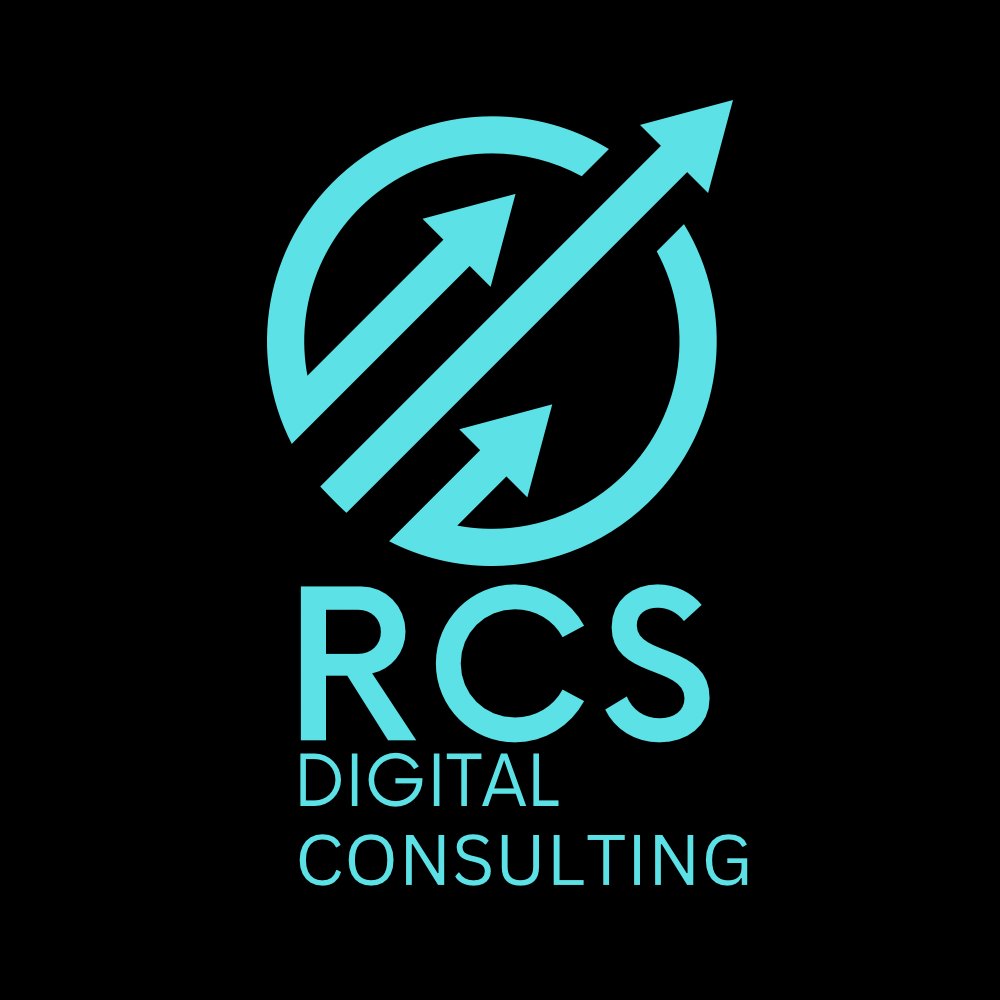Frequently Asked Questions
-
What is digital marketing?
Digital marketing encompasses all forms of advertising and marketing using the internet, from search engine optimization (SEO) to content marketing, social media and more.
-
What's a digital marketing agency?
- A digital marketing agency is a business (like us!) which assists other companies with their online marketing efforts.
- Agencies can be as involved as the client would like. For some clients, we can handle all digital projects but for others we only provide ideas and recommendations through consulting.
- Our goal is to be an extension of the clients, supporting internal marketing teams with specialized digital services.
-
What's the difference between B2B and B2C digital marketing?
- B2B stands for Business-to-Business.
- This type of marketing refers to businesses who sell products or services to other businesses.
- For example, we work with other businesses to produce effective digital marketing campaigns.
- B2C stands for Business-to-Consumer, or businesses that sell their products or services to individual consumers.
- While all elements of digital marketing can apply to both B2B and
-
What goes into digital marketing?
There are a variety of tactics which make up digital marketing. We apply:
- Search Engine Optimization (SEO)
- Web Design
- Website Remarketing
- Google My Business
- Local Map Listing
- Content Strategy
- Email Marketing
- Social Media Management
- Market Research
-
What is the purpose of digital marketing, and how can digital marketing help my business?
- Do you have an audience that spends time online? Nowadays, the answer is yes for just about every business.
- Digital marketing will help you reach your target audience online and drive valuable conversions.
- Digital marketing is so versatile, it can be tailored to suit just about any brand!
-
What are the benefits of digital marketing?
- The underlying goal of digital marketing is to bring more qualified users to your website.
- Through a mix of digital marketing tactics, you are able to guide users through their online journey, resulting in more conversions for your business.
- An effective digital marketing strategy will also reinforce your traditional marketing, providing your target audience with cohesive messaging.
- There are also a number of benefits to digital marketing over traditional marketing.
- Digital marketing is flexible.
- With digital, you have the ability to make changes over the course of a campaign, unlike traditional where you’re locked into long campaigns that are set in stone.
-
Can digital marketing increase online sales?
- Absolutely! The goal of digital marketing is to improve website traffic and online conversions, thus helping you reach your overall business goals.
- If you’d like to ultimately increase online sales, we would recommend a variety of tactics to reach this goal.
- When we’re developing a campaign for a client, we get to know their business and objectives, then propose plans to align with those goals.
-
What are digital marketing platforms?
- Digital marketing platforms are other websites or software used to execute digital strategies.
- Facebook, Twitter and LinkedIn are all digital platforms which provide marketers with the tools to share their messaging with a desired audience.
-
What are some digital marketing tools that should be used?
- This depends on your goals, but there are a few digital marketing tools which are relevant for every business: Google Analytics and Google Search Console.
- Google Analytics is a website analytics platform that allows for robust reporting and tracking.
- Even if you just want to know how many people are visiting your website each month, and which pages they look at, we recommend getting GA set up!
-
What can I find out about users visiting my website?
While Google does not allow you to collect personally identifiable information, you can learn a lot about your online audience using Google Analytics. You’ll have access to extensive aggregate data about your visitors, including:
- Age
- Gender
- Location
- Language
- New or returning visitor
- Device used
- Channels and sources they came from
- And more!
-
What is PPC?
- PPC stands for pay-per-click.
- Essentially, it’s a way of buying web traffic. Advertisers pay a fee each time one of their ads is clicked.
- Search engine advertising is the most popular form of PPC, however numerous channels including Facebook now offer PPC ad models.
-
What is SEO?
- Search engine optimization (SEO) is the process of using onsite and offsite tactics to help get content presented by a search engine.
- Done well, the practice increases the quantity and quality of your traffic.
-
Why is SEO important?
- The majority of web traffic is generated by search and those that come by way of search have a greater degree of commercial intent than most other channels.
-
What is local SEO?
- Local SEO is the process of optimizing your online properties to generate traffic from location-based searches.
- It helps businesses promote products and services to local customers when they need them.
-
What are keywords?
- Keywords are the words and phrases searchers use—usually with search engines—to find relevant pages, images, videos, or any kind of information when looking for answers, knowledge, products, or services.
- SEO professionals consider keywords and the topics they suggest when optimizing content for search.
-
What determines search engine rankings?
- This question is the source of endless speculation and debate because search engine companies such as Google will not answer it.
- Experts generally agree rankings are based on relevance and authority, but the factors that determine them are many—and inconsistent.
- The best way to achieve a high search engine ranking is to create one of the most thorough web pages possible for a specific keyword or topic.
